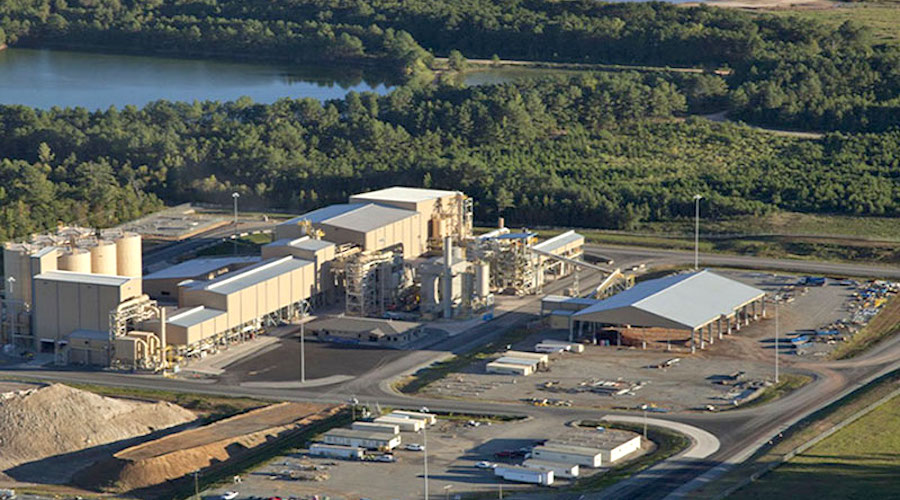The sale of new fossil fuel cars is set to stop across the Europe Union (EU) and in the UK in 2035. But, according to public disclosures analyzed by Transport & Environment (T&E), a Brussels-based campaign group, European and UK carmakers have secured less than a sixth of the key raw materials they will need by 2030 to make batteries for electric vehicles (EVs) and high tech devices.
“In the coming years, increasing demand for the critical metals required to build green technologies will outstrip the mining sector’s ability to produce sufficient quantities,” Brian Menell, chairman and CEO of critical minerals investment company TechMet, told MINING.COM. “Governments must have the foresight to build critical metals supply chains now.”
Recent successes include commitments to build electric car battery gigafactories by Nissan and Jaguar Land Rover. The government is believed to have provided some form of incentive, though the details have not been revealed.
Mennel believes that much more is needed. “The UK, and many other governments, are way behind where they should be to ensure sufficient supplies of critical metals,” he said. “We join the committee in urging the Prime Minister and his government to define the UK’s role in the critical metals value chain and set out a coherent policy which will encourage the urgent investment required to scale the responsible production of these metals.”
Analysts have long warned that the UK needs to strengthen its supply chain resilience to take advantage of its geological deposits. Otherwise it may fail to develop its own mineral processing and manufacturing industries.
This is especially important for the country’s transition to EVs, as it has not been able to secure enough private investments for battery plants that are essential for the automotive industry.
US Gov’t backing
TechMet is not foreign to the topic of government support, as it counts the Joe Biden Administration as one of its largest backers. The US International Development Finance Corporation has invested so far $105 million in the Irish company, with $50 of the total granted in early December. It means the government agency values TechMet at more than $1 billion.
TechMet invests in assets that produce, process and recycle critical minerals that are key to the electric-vehicle industry and the energy transition.
The firm, which is backed by commodities trader Mercuria Energy Group, has injected more than $250 million in recent months into critical minerals companies around the world, including Brazilian Nickel, US Vanadium, Rainbow Rare Earths, TechMet-Mercuria, REEtec, Xerion Advanced Battery Corp, Energy Source Minerals, Momentum Technologies, and Trinity Metals.
In early August, TechMet became like a knight in a shining armour to embattled British start-up Cornish Lithium. Together with the UK Infrastructure Bank (UKIB) and the Energy & Minerals Group (EMG), it provided Cornish with a much-needed $67 million loan, which allow it to keep alive its plans of opening a lithium mine in Britain.
The UK relies almost entirely on foreign sources to meet its critical minerals needs. The government published its first critical raw materials strategy in July 2022, and revised it in March 2023 to address the increased geopolitical geopolitical competition following Russia’s attack on Ukraine.
This article was published by: Cecilia Jamasmie
Visit the original article here



